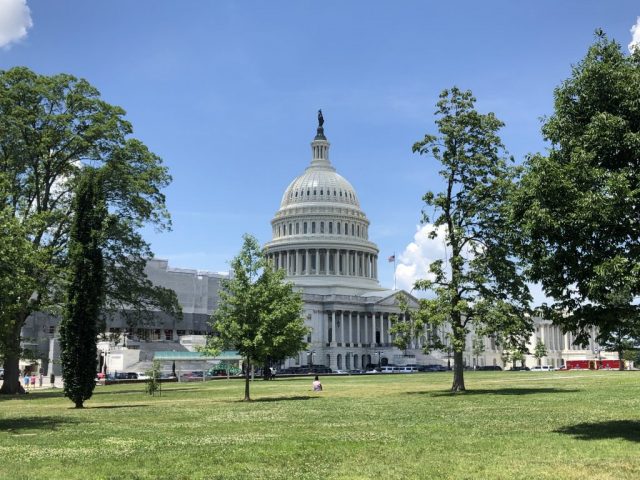
Washington, D.C. – The House of Representatives has passed the BIOSECURE Act (H.R. 8333), a bipartisan measure introduced by Representatives Brad Wenstrup (R-OH), Raja Krishnamoorthi (D-IL), and John Moolenaar (R-MI). This landmark legislation aims to safeguard American health data and taxpayer resources from foreign interference, specifically targeting concerns related to Chinese biotech companies.
The BIOSECURE Act seeks to prevent federal contracts with entities that utilize equipment or services from companies affiliated with the Chinese Communist Party (CCP). This move addresses growing concerns about the CCP’s national intelligence laws, which compel Chinese firms to share any collected data with the Chinese government. This includes biotech companies involved in handling American genomic data.
Rep. Brad Wenstrup, Chairman of the House Select Subcommittee on the Coronavirus Pandemic, emphasized the critical nature of the legislation. “For too long, U.S. policy has failed to recognize the dual economic and national security threats posed by China’s control over specific markets and supply chains. The passage of the BIOSECURE Act represents a crucial step toward reducing our dependency on China and protecting American health data,” Wenstrup stated. “We must ensure that American patients are not reliant on China for genomic testing or pharmaceutical ingredients. I am committed to working with my colleagues to enhance our domestic medical manufacturing capabilities and secure our supply chains from malicious foreign interference.”
Chairman John Moolenaar of the House Select Committee on the Strategic Competition Between the U.S. and the Chinese Communist Party also voiced strong support for the bill. “Today, the House has sent a powerful, bipartisan message to the CCP: the United States will not tolerate the theft of our genetic data or attempts to control our biotech supply chains. I urge the Senate to act swiftly to pass the BIOSECURE Act and protect Americans from this escalating threat.”
The Chinese Communist Party has publicly aimed to establish a global DNA database, including that of American citizens. The BIOSECURE Act responds to this challenge by prohibiting federal contracts with companies like the Beijing Genomics Institute (BGI) and WuXi AppTec, which have been linked to the CCP. BGI, in particular, has been involved in controversial activities, including the collection of DNA from pregnant women and research collaborations with the CCP’s People’s Liberation Army. The company has also been sanctioned for its role in using genetic tracking against the Uyghur population.
The passage of the BIOSECURE Act marks a significant step in fortifying U.S. national security and protecting sensitive health data from foreign exploitation.











